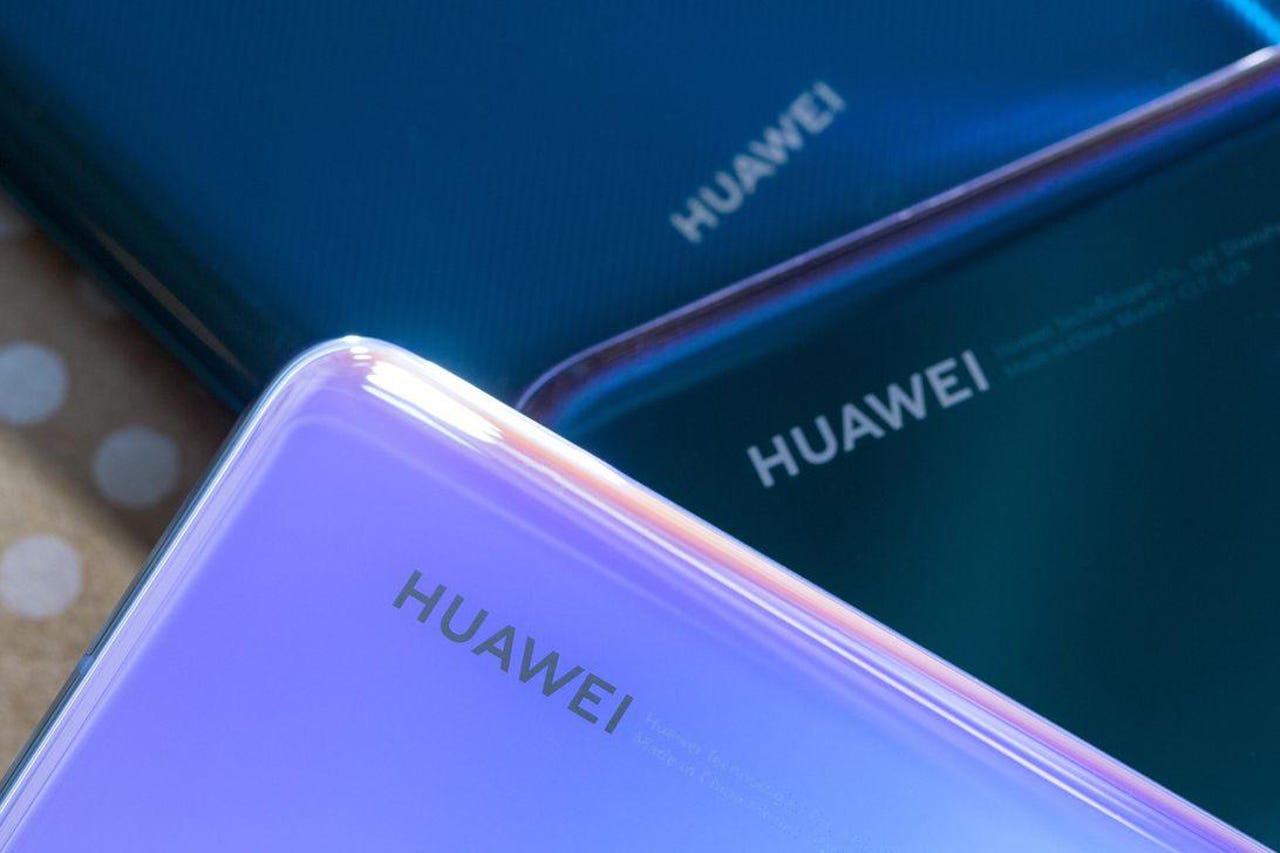Will India allow Huawei to sell its 5G networking equipment in the country?

2019 has been a perilous year so far for the world's leading telecom equipment manufacturer, and second largest smartphone maker, China's Huawei. First, Donald Trump banned the company on May 15 from selling its phone or telecom equipment in the US through a national security order. In June, Trump decided to lift some restrictions to its most popular products but the company remained on the Commerce Department's blacklist.
5G
Meanwhile, its CFO Meng Wanzhou is still languishing in a Canadian prison awaiting extradition to the US on charges ranging from money laundering to obstruction of justice.
Now, the latest news to give it further worry is that India -- on the verge of inviting telecom majors to conduct trials for the upcoming network -- is still undecided on whether to invite Huawei or not, as disclosed to Reuters by the telecom minister Ravi Shankar Prasad. This would be a major blow to a company that is keen on solidifying its presence in one of the fastest growing telecom market in the world and is projected to grow to 103.9 billion in 2020.
Not surprisingly, Chinese officials who were called by India's ambassador in Beijing, Vikram Misri, to discuss this issue suggested that there would be reverse sanctions if New Delhi were to go ahead with its decision.
Will New Delhi be justified in shutting the door on Huawei? After all, Huawei hardware has already been used in 5G trials in Malaysia, Philippines, Thailand, and Singapore, and the extreme cost competitiveness of its equipment would make it a front runner in these countries. Meanwhile, the UK may have huffed an puffed about Huawei's notoriety when it comes to security breaches but the fact remains that Vodafone launched its 5G network in the United Kingdom with both Huawei's hardware and broadband modem. Apparently, even its competitors EE, Three, and O2 are currently using or plan to use Huawei's equipment.
See also: How 5G network builders are competing with Huawei in Asia
But detractors remain, and strident ones at that, including current arch enemy the US led by Trump's confusing and contradictory diktat's as well as New Zealand and Australia -- three members of the 'Five Eyes' intelligence community -- as well as Japan who have decided to give the Chinese maker a wide berth. Canada, despite detaining CFO Wanzhou on an extradition order, has not enacted a complete ban on Huawei equipment -- yet.
For India, the stakes are significantly higher considering it shares a border with China, who is a staunch ally of nemesis Pakistan. China too has had chronic border disputes with India where the two countries went to war in the 1960s over this. Therefore, the fact that Huawei founder Ren Zhengfei is a former member of the People's Liberation Army will undoubtedly not be very reassuring.
As the Asia Nikkei article details, security experts feel that companies in China are ultimately subservient to the state and would have to kow-tow to its intelligence and security agency demands, which makes Chinese companies, especially those selling electronic infrastructure equipment, not the safest to go along with. In fact, China's National Intelligence Law passed in 2017 demands this from its citizens.
To make things worse, Huawei has been accused by India of allegedly hacking into networks several times over the past decade and allowing 'backdoors' in its networking hardware for surveillance purposes, according to Venturebeat, something that Huawei denies. The problem for India is Huawei is simply very tough to beat on price. And it is omnipresent. It has 20% of all 5G patents globally which has allowed it to suck up 50 of the world's commercial 5G contracts.
A MIDDLE GROUND?
Clearly, considering China's clout in the world of trade, many countries would wish to appear to appease it while protecting themselves against incidents of hacking. So no surprise that a 'middle approach' is apparently being explored in India where Huawei would be blocked from operating in sensitive border areas while relegated to more central geographies.
Moreover, the UK has already implemented such a plan where its carriers use the Chinese telco's 'non-core' components, such as transmitting radios used in close proximity to homes, rather than equipment used in guiding network traffic, which is more susceptible to breaches such as core servers that house encryption keys.
Read: The winner in the war on Huawei is Samsung
This could possibly be the most pragmatic solution that optimises both security and cost, the latter which is increasingly becoming more important in a beleaguered industry squeezed badly by the entrance of the price gouging Jio. But regardless of how attractive the numbers may look for Indian telecom operators like Vodafone and Airtel sizing up Huawei versus its competition, to put all one's eggs in the Huawei basket simply for price advantages would simply be foolish.
As a telecom executive in the Economic Times put it: "We don't want to be caught in a situation where we have deployed Huawei and then a ban comes. It would be such a big gamble to do so and already, given the stress in the sector, looks like nobody is going to take that risk."
Related Coverage
- Huawei's new smartphone operating system is 'completely different from Android and iOS'
- Huawei pushes past 400 billion yuan in half-year revenue
- The 5G fallout: Brexit triggers a global wireless fault line
- Leaked docs allege Huawei helped build North Korea's 3G wireless networks: Report
- Huawei and 5G: Hurry up and make the decision, government told
- Bipartisan lawmakers roll out bill to keep Huawei blacklisted
